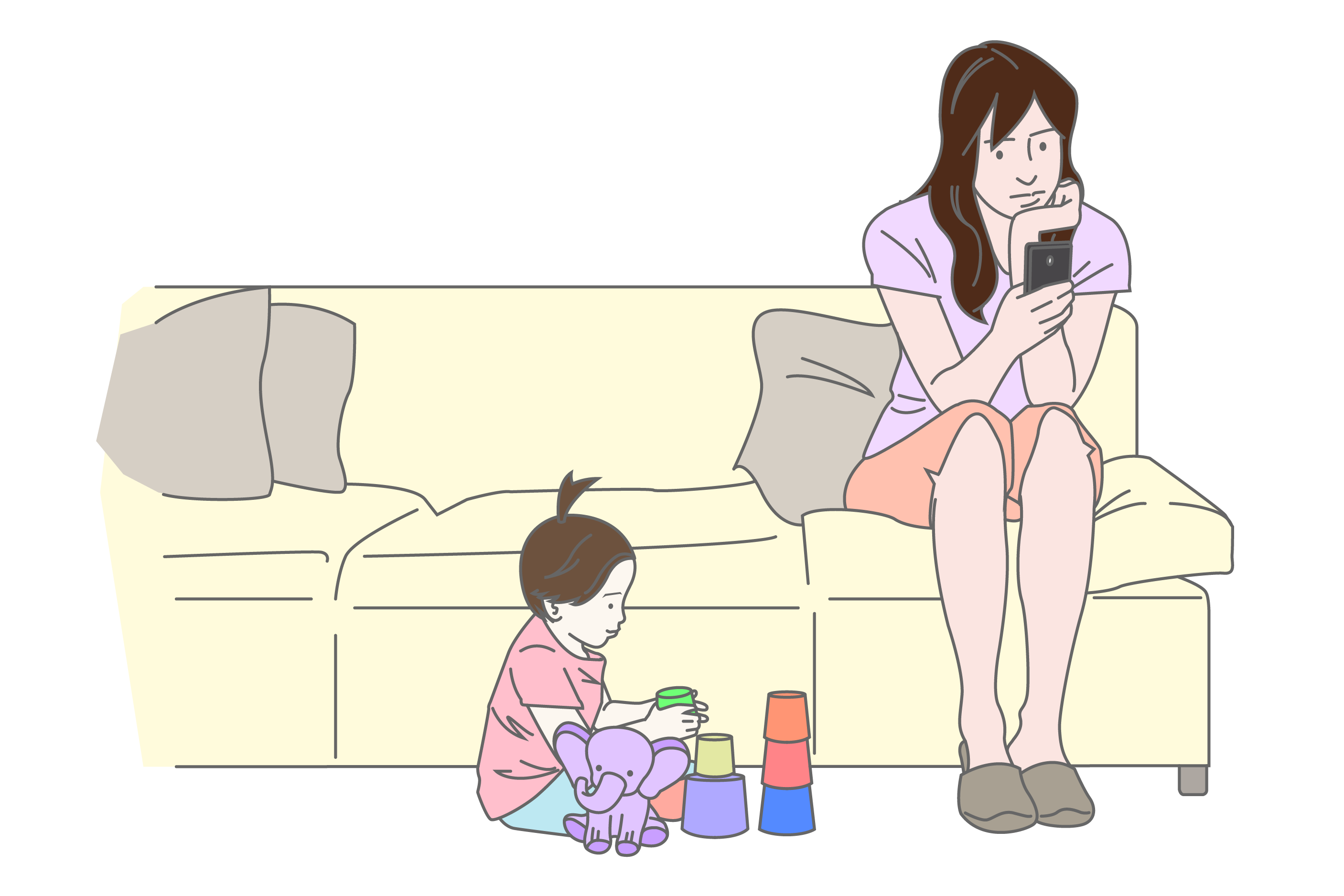INTRODUCE
Receiving bad news can be very difficult. It’s important to know how to deliver the news gently to others.

PRESENT
STEP A EXPRESSIONS
I. Go over the expressions with your tutor.

1. I have good news and bad news. is used when you want to deliver both positive and negative news to someone.
I have good news and bad news. Unfortunately, I didn’t get the job yesterday. But, I received a better offer from another company today!

2. You can use the phrase I don’t know how to say this, but… when you want to give someone bad news delicately.
I don’t know how to say this, but I think we should break up.

3. I’m afraid it’s out of my hands. is used to politely tell someone that you cannot control something.
I’m sorry, but there’s nothing more I can do about it. I’m afraid it’s out of my hands.
II. How would you deliver the following bad news to people? Use the expressions above.

You accidentally deleted your
friend’s important files.

One of your friends was
involved in a bad car accident
but is okay.

Your parents decided to sell
their house and move abroad,
and your sibling is really upset
about it.
STEP B PRONUNCIATION
| Phrase | Example |
|---|---|
I don’t know / I dunno / |
/ I dunno / how to say this, but you didn’t pass the exam. |
UNDERSTAND
READING
Saori is reading an email from Naoki.
 |
Saori,
I have good news and bad news. The good news is that I got a small promotion! I’m now the supervisor of the sales team. It’s a lot more responsibility and a little more money. Hehehe.
But, here’s the bad news: Because of my promotion, I’m going to be involved in a long-term project here in Fukuoka. I don’t know how to say this, but I might not be able to come home as often. Also, it doesn’t look like I’m going to be transferred back to Tokyo for at least the next few years… I’m really sorry, but I’m afraid it’s out of my hands.
As for having a second baby, I’ve given it a lot of thought. I do want Aoi-chan to have a little brother or sister, but with my new promotion, I just don’t think we should try right now. It might be better to wait until I transfer back to Tokyo so I can be there to help you. I know this isn’t what you want to hear… I’ll give you a call when I get off work tonight.
Naoki
TRIVIA
Japanese students often use the phrase That’s too bad. Did you know that it shouldn’t be used for very serious things like death and illnesses because it can sound very rude and heartless? In these cases, the better phrase is I’m so sorry.
X Your dad died? That’s too bad!
O Your dad died? I’m so sorry.

PRACTICE
STEP A EXERCISE
The underlined expressions are close but not quite correct. Correct them.
- I’m sorry, his decision is final. I’m afraid it’s within my hand.
- I have a good and bad news. I didn’t make it to the final stage of the competition, but I got an offer from a famous talent agency anyway!
- I don’t know what to tell you, but I’m leaving next week.

STEP B EXERCISE
Follow the instructions in the parentheses using the expressions in the box.
1.
Tutor: I really want to see the movie with you this weekend. Please ask your parents again.
Student: (Say that you can’t do anything about it because your parents already said no.)
2.
Tutor: Okay, we’ll meet at the station at 10:00. Remember to bring the tickets!
Student: (Delicately say that you forgot to buy the tickets for your trip and they’re sold out now.)
3.
Tutor: What did you want to tell me?
Student: (Say that you have positive and negative news.)

CHALLENGE
Challenge 1
You and two of your friends, Maggie and Terry, have plans to go to your favorite band’s concert. One day before the concert, Maggie sent you an email. Read the email. Then, tell Terry about it.
Today's Expressions
- I have good news and bad news.
- I don’t know how to say this, but…
- I’m afraid it’s out of my hands.
 |
Hey! I have good news and bad news.
First, the bad news: I don’t know how to say this, but I don’t have a ticket to the concert anymore. You know my friend Jessica, right? Well, her dog died last week. She was so sad, and I wanted to do something to make her happy, so I gave her my concert ticket. I’m sorry. I know we were supposed to go to the concert together, but I just couldn’t stand seeing Jessica like that.
The good news is that tickets don’t seem to be sold out yet. I know the concert is tomorrow, but I’m still hoping I can get one. I’ll let you know if I do! Either way, I hope you have lots of fun! Tell Terry I’m really sorry.
Best,
Maggie
Challenge 2
Discuss your ideas.
 If Time
If TimeAllows
1 GOOD NEWS AND BAD NEWS |
2 SENSITIVE NEWS |
3 OUT OF YOUR HANDS |
|---|---|---|
|
1 GOOD NEWS AND BAD NEWS
|
2SENSITIVE NEWS
|
3OUT OF YOUR HANDS
|
FEEDBACK
I can read and understand an email about bad news.
LESSON GOAL ACHIEVEMENT
-
4
Very GoodCould complete the task with ease
-
3
GoodCould complete the task with some clarifications
-
2
FairCould complete the task with additional instructions
-
1
PoorCould somehow complete the task with difficulty
PERSONALIZED FEEDBACK
- RANGE
the ability to use a wide variety of vocabulary - ACCURACY
the ability to speak correctly - FLUENCY
the ability to speak smoothly without pauses or fillers - INTERACTION
the ability to manage a conversation

